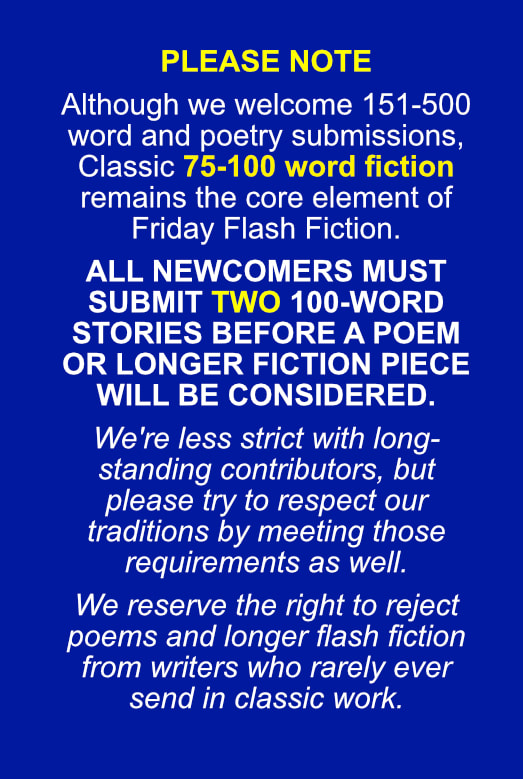He tried to appease her. ‘Look, it is not about age but being in the right time and right spot when needed. I’m not gonna fight in the trenches, just driving to and fro… just doing my man’s duty.’
‘Your duty is to drive a tram.’ She reminded him. ‘This is a good job. You do enough for the country.’
Little did she know about driving a tram.
***
At five-thirty in the morning, before the sun raised its winter-cold gleaming body over the horizon, he led his steel horse out of the stable. Slowly, screeching over the crossways, it crawled by the rails of the familiar route he’d been taking every single day for over thirty years now. His life, like these rails, never changed, never strayed, rolled over the dam, to the plant, past markets and hospitals and back, sticking to the groove even after the war cut the inappeasable time into before and after.
Oh, as if he could break free! And do something real, something great, something people would remember him long after he dies. Nobody sees the tram driver; few realise there is one at all. And he loved people. He’d die for his country, instead of many young lads who’ve seen none of this life yet. For all he’s learnt in his time, better burn than smoulder.
As he reached the dam, the first morning rays flooded the sleepy city panorama, glistening on the rails. Preoccupied with his thoughts, he missed another flash behind the left side until it blazed brighter than the sun and exploded. A missile hit the tram and immediately, a pillar of fire covered the road. Unbearable light and clammer, then—silence.
He died before he knew, by an inexplicable coincidence, his tram, not the dam’s wall, caught the missile and saved many, so many lives.

